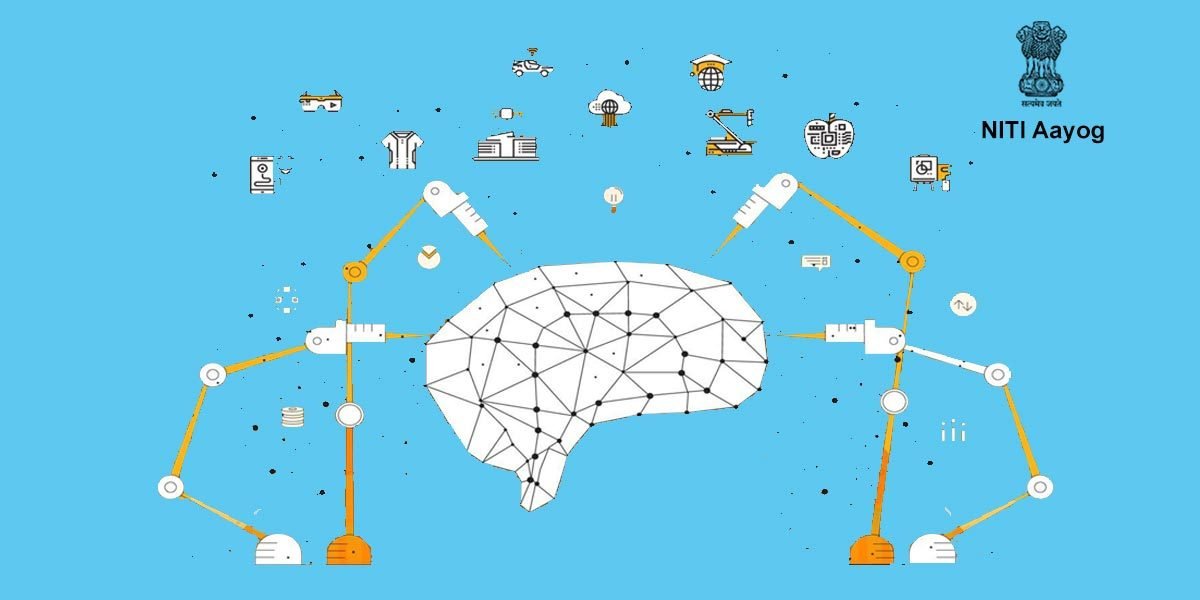India think tank NITI Aayog has made recommendation framework for developing and implementing Strategy for Artificial Intelligence nation-wide.
A paper titled ‘National Strategy for Artificial Intelligence‘ identified sectors including education, agriculture, health, infrastructure and mobility in smart cities where the emerging technology can be used to provide quality solutions at scale across education.
The technology will aim at enhancing and empowering human capabilities to address the challenges of access, affordability, shortage, and inconsistency of skilled expertise.
“The approach is to identify sectors that may have the potential of greatest externalities while adopting AI solutions, and hence require the government to play a leading role in developing the implementation roadmap for AI,” said Amitabh Kant, CEO of NITI Aayog.
The recommendations are aimed at initiating an informed conversation on India’s future roadmap for AI. This document is intended to serve as an “essential pre-read” in building a truly transformative approach in pursuit of #AIforAll, he added.
NITI has uploaded the National Strategy on Artificial Intelligence paper for public discussion. The paper gives many actionable and disruptive recommendations in India's context and lays down a unique paradigm suitable for India – #AIforAll https://t.co/VJYypwMtdr
— Amitabh Kant (@amitabhk87) June 4, 2018
It proposed to build Centre of Research Excellence (CORE) focusing on core technology research in AI and others solutions based on its usage. It recommended the government to Identify academic institutions, introduce AI modules in schools, Research and Development investment in AI, provide fiscal support to establish COREs focusing on core technology research in AI.
It also recommends to set up a common cloud platform for Big Data Analytics and Assimilation with a large, ICTAIs and other academic institutions with National Knowledge Network.
The paper also listed barriers that need to be addressed to achieve success in the use of AI. The barriers include lack of expertise in research and application of AI, the absence of enabling data ecosystem, high resource cost and low awareness, privacy and security issues and absence of collaborative approach to adoption and application of AI.
Meanwhile, adoption of AI globally is still in its nascent stages, but growing rapidly. A 2017 survey by Statista finds that 78 per cent of firms globally are either using AI extensively or have plans for use in near future.
US is considered the leader in AI. Whereas China plans to be a world leader in AI by 2030. Its plans to build a new AI industry include a national fund that supports research, from the most basic research to, critical AI projects.

At present, India’s capabilities in AI research are rather limited, both in quantity (distant fifth globally) and especially in quality (disappointing impact of research produced). The research community is rather confined to a handful of academic institutes, and relies on individual brilliance rather than institutional competence.
However, the Ministry of Industry and Information Technology is planning to put nearly $950 million dollars per year into strategic AI projects for State Owned Enterprises and the public sector.
NASSCOM predicts that by 2022, a startling 46% of the Indian workforce will be engaged in entirely new jobs that do not exist today or jobs that have radically changed skill sets.














